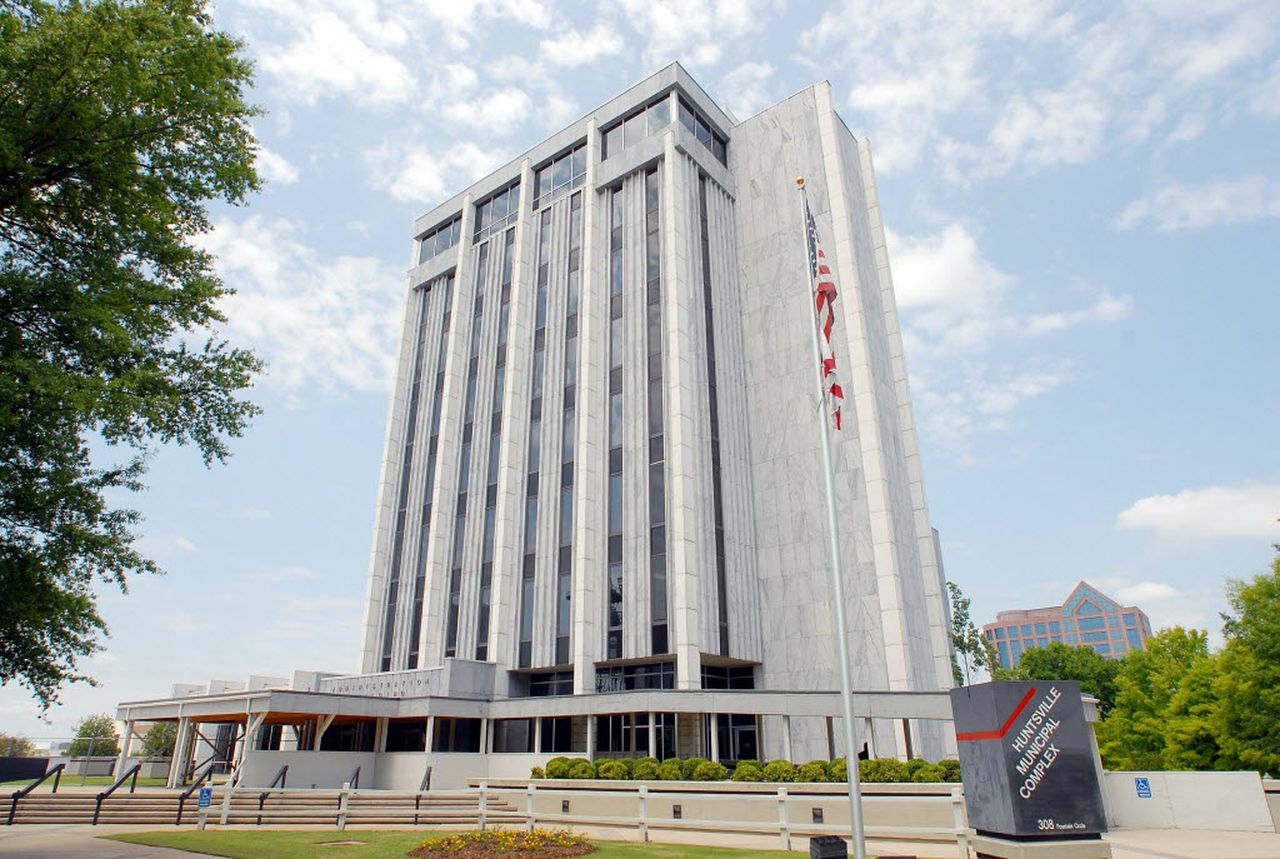Huntsville council raises concerns over medical marijuana dispensaries
As the city of Huntsville began publicly considering seeking to bring medical marijuana dispensaries to the Rocket City, city council members raised concerns at Thursday’s meeting.
The topic was discussed for about 35 minutes as Mayor Tommy Battle emphasized that the city was moving “cautiously” in studying the issue. The council is expected to vote on an ordinance permitting dispensaries at its Oct. 27 meeting.
Related: Huntsville looking at permitting medical cannabis dispensaries
Related: Who will dispense medical marijuana in Alabama and what will they need to know?
Councilman Devyn Keith asked about the cost of the medical marijuana products and the city’s ability to tax it similar to taxes placed on cigarettes and alcohol as well as potential criminality issues. Councilwoman Frances Akridge asked about zoning codes for dispensaries – an issue the city planning commission is studying – while echoing Keith’s concerns about pricing.
Akridge also raised the point that dispensaries will not provide products for those under 19 years old, which would block children suffering from seizures from accessing medical marijuana.
“There are kids who need this, too,” she said.
Council President John Meredith asked about safeguards for state-authorized consumers should they be drug tested by their employer. Henry Thornton, the city’s external relations officer who presented to the council on the dispensary process, said that would up to each individual employer but those authorized to use medical marijuana would have a state-issued card.
Noting that it would be legal for authorized consumers to use medical marijuana while they could still face penalties at work, Akridge said, “I hope they close that loophole.”
Many of the questions and concerns are either covered by state law that established the Medical Cannabis Commission, Thornton said. John McMillan, former state treasurer and state agriculture commissioner, is the commission director.
There are no price guidelines within state law, Thornton said.
“The state is taxing these products at a higher rate than normal prices,” Thornton said. “That is the financial provision that is in state law. And the companies applying for these licenses (to operate dispensaries) will have to pay fees to the commission each year.”
Part of those fees will go to further medical marijuana research, Thornton said.
The state legislature established a medical marijuana system last year with bipartisan support. Alabama is the 37th state to do so and Thornton said the state is looking to learn from mistakes made by other states. Among those mistakes, Thornton said, were states issuing licenses to users for more than a year, which is the limit in Alabama. All products will have barcodes as well and no smokable products will be sold, he said.
Under state law, all products must be grown, processed and sold in Alabama. Authorized users will be listed in a database that will be available to law enforcement to help identify customers who may not have their medical marijuana card with them.
There will be a maximum of 37 dispensing sites across the state based on state law. Cities must pass ordinances to allow dispensaries. Should the city decide to allow dispensaries, the ordinance would go into effect Dec. 23 but dispensaries are not expected to begin operation until next summer.
“During that time, we will all be working on the final privilege license,” Battle said. “We are finishing up the zoning of the property. We have a lot of things that we need to do very cautiously to make sure that this works in the right manner. There are some things we don’t know. We have looked at what other states have done so we will try to avoid those mistakes. But we will start off very, very conservatively in this.”
Dispensaries must be at least 1,000 feet from any school or daycare facility, maintain around-the-clock video surveillance and have a security guard on site during operating hours. No one will be allowed into a dispensary unless they are authorized consumers. Eligible consumers must be suffering from at least one of 16 conditions such as autism, Crohn’s disease, cancer-related issues, epilepsy or other seizure-causing conditions, post-traumatic stress disorder, chronic pain or a terminal illness.
Dispensaries will not have raw plant material or any smoking or vaping product or a food product in which cannabis can be infused in its inventory.
